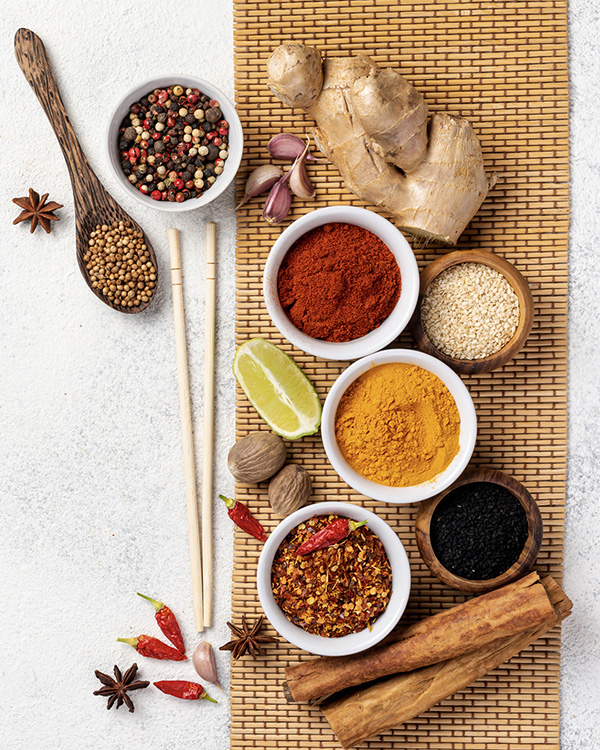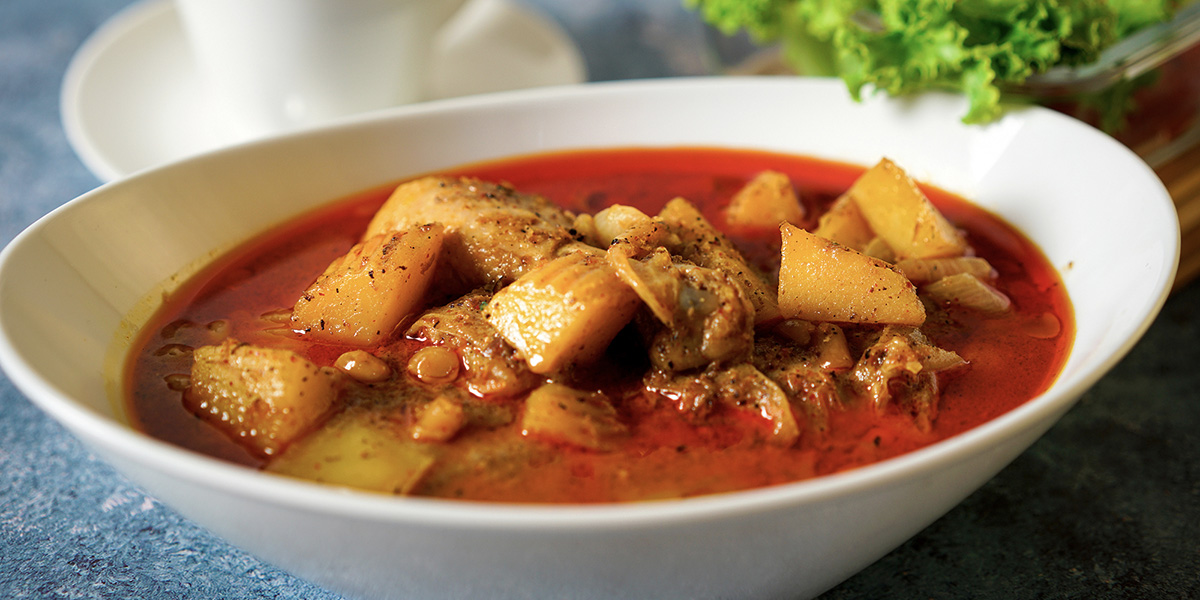For aficionados of spicy food, there’s perhaps nothing more satisfying than digging into dishes full of a fiery kick. From a steaming pot of fish head curry to a piping hot bowl of tom yum soup, these dishes offer variety and a burning jolt of flavour for the palate. If you’re someone who insists on having chilli padi as a condiment with every meal, have you stopped to wonder if spicy food is good for the body? Here’s a lowdown on what eating spicy food really does to you:
Spicy food may help to increase your metabolism
Capsaicin, the main compound in chilli, produces a thermogenic effect and helps boost metabolism. Eating spicy food has also been known to decrease our appetite or reduce sugar cravings, thus lowering our calorie intake.
It’s purportedly good for heart health
Some studies have shown that people who regularly eat spicy food have a lower risk of heart attack. Chilli peppers can potentially reduce the harmful effects of bad cholesterol, while capsaicin can fight inflammation.

It may lower blood pressure
Consuming spicy food increases the production of serotonin, a feel-good hormone. This may help alleviate stress and lift one’s mood.
But too much may be a bad thing
When it comes to what we eat, moderation is always key. Consuming too much spicy food may lead to the runs—especially when you have a weak and sensitive stomach. That’s because capsaicin can irritate the digestive system, resulting in more trips to the toilet.
It can cause heartburn
Suffer from heartburn? You might want to go easy on the spices. Heartburn is the unpleasant feeling in the chest caused by a backflow of the stomach’s gastric juices into the esophagus. Unfortunately, spicy dishes can set off this reflux.
Your skin may be irritated
Absentmindedly touched your face with your fingers after slicing some chilli padi? Feel your lips swell after indulging in a particularly spicy dish? The irritation of the skin is usually one of the side effects of consuming spicy food.


